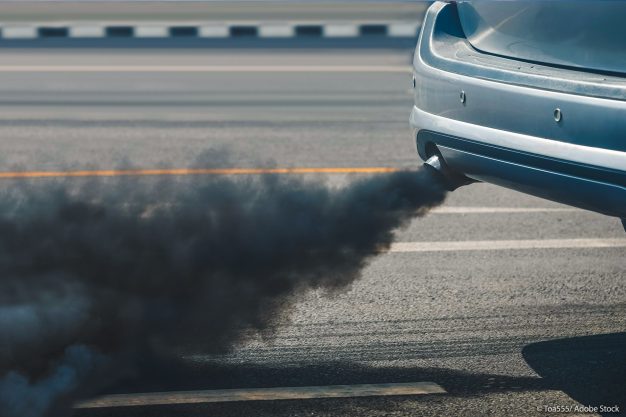
The air in London: new review shows children suffer the most harmful health effects
A detailed review of London’s air quality by the city’s has flagged up just how vulnerable children are to poisonous traffic fumes.
Sadiq Khan is demanding action from the national government after research carried out on behalf of his office made clear the risks of air pollution on humans from before they are born until old age.
He says is determined to clean up London’s toxic air, which is posing serious, life-limiting risks to everyone who lives with it. It’s the most up-to-date summary yet of a ‘significant body’ of scientific evidence showing that the adverse effects on health are also a concern in other areas with better air than London.
The report, carried out by researchers from Imperial College London’s Environmental Research Group, provides a strong evidence base for the need to clean up London’s toxic air as a matter of urgency.
Key findings include:
- Air pollution can impair normal foetal development in the womb, increasing the risk of miscarriage, low birth weight and pre-term births.
- Children living in London are particularly at risk of developing lifelong, chronic conditions, including poorly developed lungs, asthma, high blood pressure, inattention and hyperactivity, and mental illness.
The review also confirms that air pollution caused by traffic is a major issue in London, and that schoolchildren are especially vulnerable to developing health complications as a result. One study of 258 children in London showed that on average, particle pollution (PM2.5) on their morning journey to and from school was over 50 per cent higher than in their school environment.
Those children who travelled by car breathed more air pollution than those who walked along quiet roads, with the greatest PM2.5 concentrations being around 20 µg m-3. The study also revealed that walking along main roads led to the greatest exposure to air pollution at 33 per cent more than those who walked along quieter roads. Currently there is no clear evidence of a ‘safe’ level of PM2.5 exposure below which no adverse health effects occur.
The review outlines strong evidence that policies to reduce air pollution have measurable benefits for health, with two studies in California and Sweden revealing improvements to lung growth in children as air quality improved.
The introduction in London in 2019 of the world’s first Ultra Low Emission Zone has already resulted in a 21 per cent fall in harmful nitrogen dioxide (NO2) concentrations in inner London and a 46 per cent reduction in central London. This is being expanded to outer London from this August, and the hope is that it will lead to five million more Londoners being able to breathe cleaner air.
Sadiq Khan said: “This review from experts at Imperial College London is a startling reminder that toxic air is a matter of life and death, and that everyone – from our very youngest to our most elderly – is at risk of developing serious, lifelong health complications.
“We know that air pollution is damaging the health of Londoners in every single borough of London. That’s why there really is no time to waste in introducing measures like the expansion of the ULEZ to ensure that we protect the health of Londoners and build a safer, greener city for everyone.”
‘There really is no time to waste’
But despite the progress made, greater action is needed, he adds, to meet World Health Organization (WHO) recommended guidelines for air quality. These guidelines, says the Mayor, should not be perceived as ‘safe’, non-toxic thresholds, as evidence suggests significant impacts below these concentrations, and for some pollutants, such as PM2.5 there is no evidence to identify a concentration where exposure does no harm.
Rosamund Adoo-Kissi-Debrah’s daughter Ella died 2013, after the nine-year-old suffered an acute asthma attack as a result of traffic fumes. She was the first person in the UK have this recorded as an official cause of death. She had been gradually exposed to toxic emissions from vehicles that were above levels approved by the European Union and World Health Organization.
Rosamund has since become a campaigner for clean air in the capital, and as well as founding the Ella Roberta Family Foundation she is also a WHO Advocate for Health and Clean Air. She said: “This up to date research is a reminder of the damage air pollution is doing to everyone’s health especially children and some of the damage will be irreversible. Two years on from Ella’s inquest and the urgent action that should be taken is still lacking. My hope is once politicians read carefully through more research they will reconsider Ella’s Law.
‘Those who cause the least pollution suffer the most’
“Politicians must find the political will to deal with this health emergency and I will continue to urge doctors to help in raising awareness with the public. It is essential in moving forward the Government must commit to a public health campaign, this will help in getting the message out to the country. We must also remember that those that cause the least pollution suffer the most consequences.”
The review was published on the same day as a toxic air awareness event at City Hall, bringing together policymakers, experts and communities to talk about the challenges involved in improving the city’s air for everyone.




